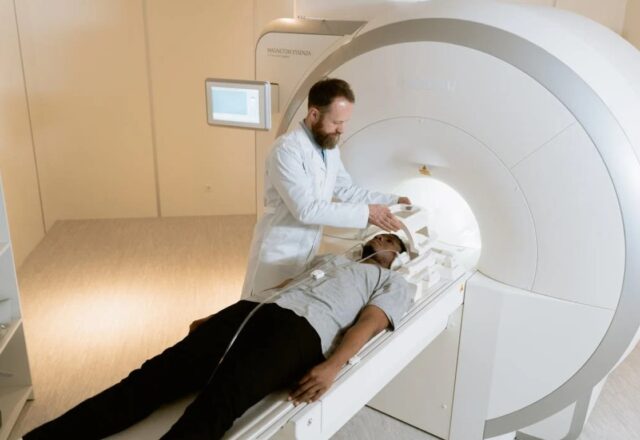
The radiology field is one that offers many different career paths. Each path has its own unique set of responsibilities and is in high demand. In this blog post, we will explore three different career paths within the radiology field: diagnostic radiologists, radiation oncologists, and medical physicists. Radiographers are increasingly in demand at hospitals, nursing homes, diagnostic centers, and super-specialty institutions. As a professional radiographer, you operate in diagnostic imaging departments, intensive care units, operating rooms, and other settings as part of the healthcare team.
The major responsibility provided to someone interested in pursuing a career in this sector is to do X-rays, MRIs, CT scans, and other diagnostic procedures. They are occasionally called to provide radiation to cancer patients. High school students can begin preparing for a future in radiography. Math and scientific courses such as chemistry, biology, advanced mathematics, physics, and anatomy should be taken by those interested in this field of study.
We will discuss what each career entails and whether or not it is a good fit for you. So, if you are considering a career in radiology, these pursuits may be just right for you
Radiologist
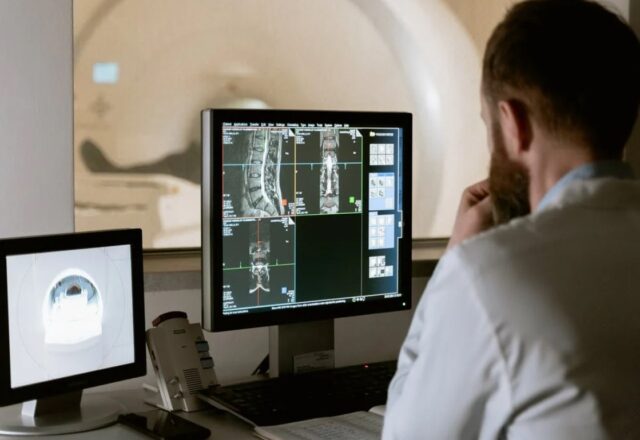
A radiologist is a medical doctor who specializes in diagnosing and treating diseases and injuries using imaging techniques such as X-rays, CT scans, and MRIs. Diagnostic radiologists are in high demand due to the ever-increasing use of imaging technologies in medicine. If you are interested in becoming a diagnostic radiologist, you will need to complete four years of medical school followed by three or four years of residency.
Radiology Technician

If a graduate degree and medical school aren’t for you, there are still many opportunities available in the radiology field, as found on practicematch.com. A radiology technician is responsible for operating X-rays and other imaging machines to produce images of a patient’s bones, organs, and tissues. Radiology technicians typically complete a two-year associate’s degree program. And while medical school is not required, many employers prefer to hire candidates who have completed an accredited radiology technology program.
Radiology Leadership
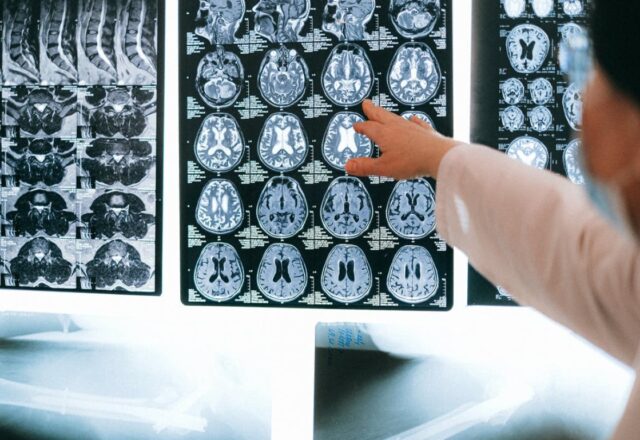
This focus is available in certain graduate schools for radiology professionals pursuing leadership roles. Financial management, resource management, evidence-based administration, and information management are among the topics covered by candidates. Graduates can work as supervisors, chief technologists, and administrators in radiology businesses after completing this degree, which does not normally entail clinical prerequisites. A master’s degree might potentially help you get these jobs.
Radiology Assistant
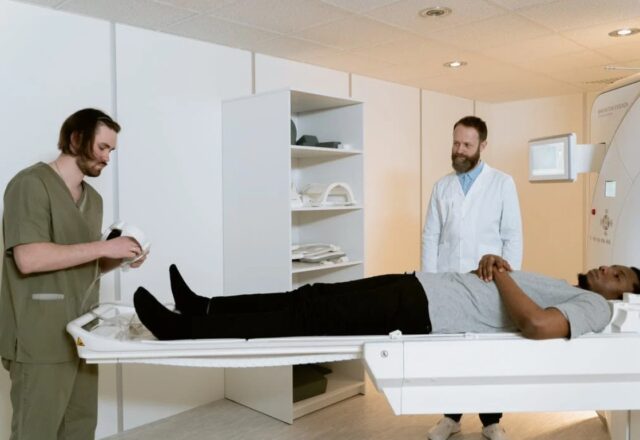
Similar to a radiology tech, a radiology assistant operates imaging machines, but they also have the added responsibility of performing administrative tasks such as scheduling appointments and maintaining patient records. Radiology assistants typically have a two-year degree, although some employers may require a four-year degree.
Radiation Oncologist
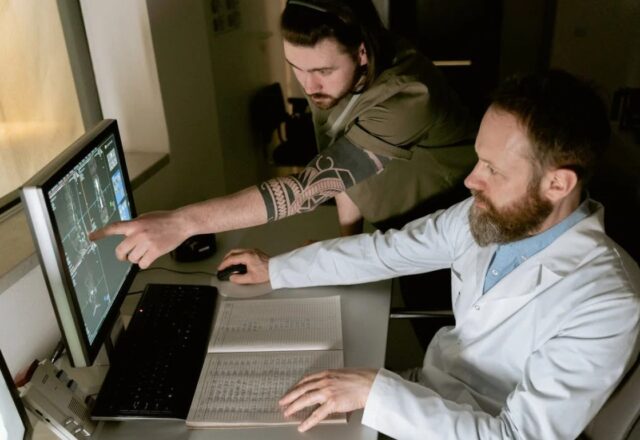
A radiation oncologist is a medical doctor who specializes in the treatment of cancer with ionizing radiation. Radiation therapy is one of the most common treatments for cancer, and radiation oncologists are in high demand as a result. If you are interested in becoming a radiation oncologist, you will need to complete four years of medical school followed by a three or four-year residency program. A job as a radiology technician could evolve to a position in radiation treatment. By giving chemotherapy and radiation, these clinicians assist in the treatment of serious disorders such as cancer and other ailments.
Other technicians are more comfortable with medical diagnostic sonography.
Medical Physicist

A medical physicist is a scientist who specializes in the application of physics to medicine.
Medical physicists work in a variety of settings, including hospitals, research laboratories, and pharmaceutical companies. If you are interested in becoming a medical physicist, you will need to complete a four-year undergraduate degree in physics followed by a two- or three-year graduate program in medical physics.
Radiology Nurse

A radiology nurse is a registered nurse who specializes in the care of patients undergoing diagnostic imaging and radiation therapy procedures. Radiology nurses are in high demand due to the ever-increasing use of imaging technologies in medicine. If you are interested in becoming a radiology nurse, you will need to complete a four-year nursing program followed by a two-year residency program. There are a variety of quality online degrees to become a nurse now, but make sure to do your research before committing to one.
What’s In Demand?
While all of the careers we’ve discussed are in high demand, medical physicists and radiation oncologists are two of the most in-demand professions in the field. So if you’re looking for a career that is both challenging and rewarding, consider pursuing one of these two fields.
What Does The Education Look Like?
The education requirements for each of these careers vary, but most require at least a four-year undergraduate degree. Medical school is also typically required for physician positions, while a two- or three-year graduate program is necessary for medical physicists and radiation oncologists. Nurses must complete a four-year nursing program followed by a two-year residency.
A nurse should be familiar with biochemistry since it helps them understand the chemical processes inside living cells and how any changes to them can lead to a diagnosis of disease, which will allow them to provide effective care for patients. By supplementing their studies with notes and other study materials from several colleges and universities through websites such as StuDocu, they can be sure to pass their exams.
During your residency, you’ll be exposed to a variety of patients and procedures. This will give you the opportunity to learn firsthand what it’s like to work in the radiology field. And if you decide that you want to pursue a career in radiology, there are many different paths you can take. So whatever your interests and goals may be, there’s sure to be a radiology career that’s right for you.
Radiology is a field with many different specialties and subspecialties. When most people think of radiology, they think of diagnostic radiologists who interpret imaging studies such as X-rays, CT scans, and MRIs. However, there are many other careers within the field of radiology, each with its own set of responsibilities and educational requirements.
What Are The Job Prospects?
All of the careers we’ve discussed offer good job prospects. Radiologists, radiation oncologists, and medical physicists are all in high demand due to the ever-increasing use of imaging technologies in medicine. Radiology nurses are also in high demand due to the increasing use of imaging technologies in medicine.
Whether you are interested in diagnosing diseases, treating cancer, or researching new treatments, there is a career path in radiology that is right for you.









